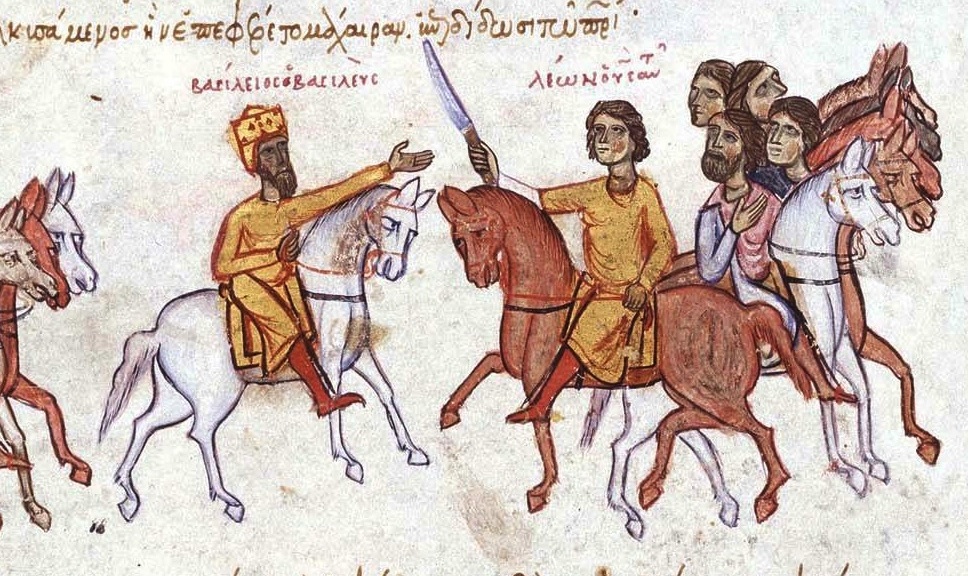The blog to end all blogs. Reviews and comments about all and everything. This blog is NOT affiliated with YouTube, Wikipedia, Microsoft Bing, Gemini, ChatGPT or any commercial vendor! Links don´t imply endorsement. Many posts and comments are ironic. The blogger is not responsible for comments made by others. The languages used are English and Swedish. Content warning: Essentially everything.
Sunday, September 23, 2018
An ominous apogee
This is the second volume of John Julius Norwich's popularized work on the history of the Byzantine Empire. The volume covers the 9th, 10th and 11th centuries. Many of the characters in this saga are fascinating. Basil I was a humble peasant and wrestler who eventually advanced to becoming emperor. His successor Leo the Wise was half-Swedish. Emperor Constantine Porphyrogennetos wrote “De Administrando Imperio”, still used as a source for medieval history by scholars. There's also the ominous figure of Basil II, known as the Bulgar-Slayer, during which the empire reached its post-Muslim apogee. It's interesting to note that many rulers of this empire, often depicted simply as “Greek”, were actually of non-Greek extraction. As already mentioned, Leo the Wise was half-Nordic, his mother being the daughter of a Varangian mercenary. Other emperors were Armenians or Arabs.
Other players in the narrative include Vikings, Pechenegs, Iconoclasts, Russians, heretical Paulicians, Muslims, Bulgars and the two missionaries Cyril and Methodius, known as “The Apostles to the Slavs”. The schism between the Catholic and Orthodox Churches took place during this period. The story ends in 1071, with the disastrous defeat of the Byzantines at the hands of the Turks at the battle of Manzikert. In hindsight, the empire never fully recovered from this blow, although it took several centuries for the decline to fully work itself out.
Norwich concentrates on the wars, rulers and dynastic power struggles, making the narrative a rather non-edifying story of human weakness, failure and brutality. Empress Theodora's genocidal campaign against the Gnostic Paulicians is particularly chilling. But then, that *is* part of the story. If you know next to nothing about the history of the Byzantine Empire, you probably have to start with Norwich's three-volume work. If you know next to nothing about Western European or Muslim history either, this book might make your head spin!
That being said, I will give this series five stars.
Labels:
Byzantine Empire,
Islam,
Middle Ages,
Vikings
Subscribe to:
Post Comments (Atom)

No comments:
Post a Comment